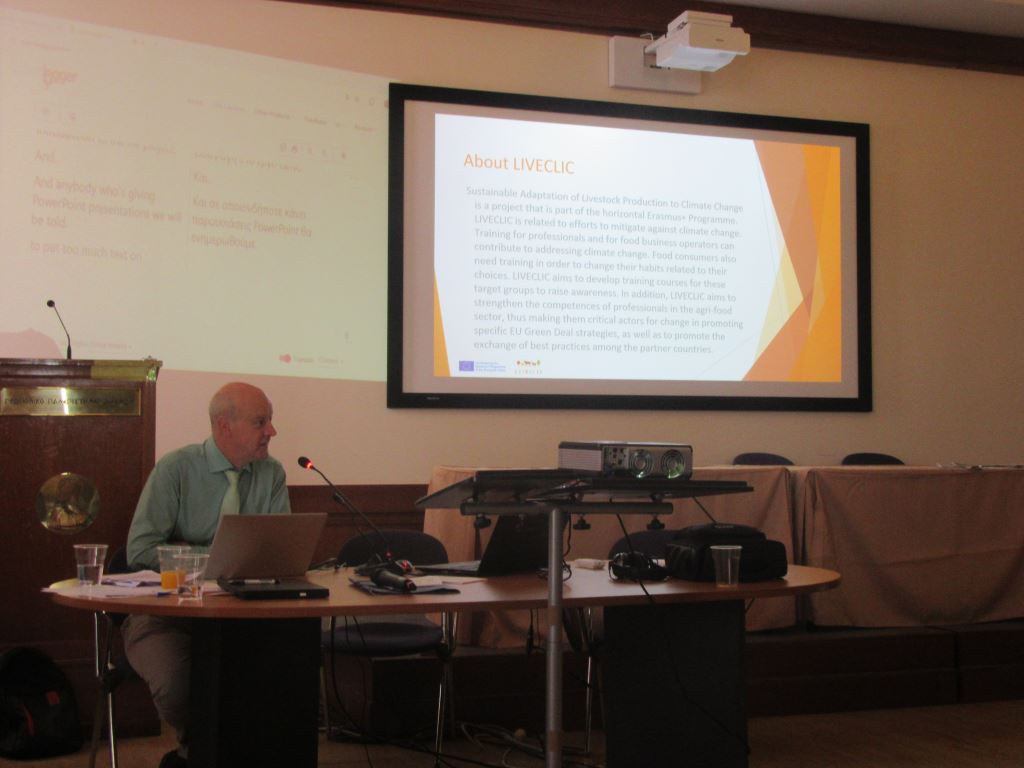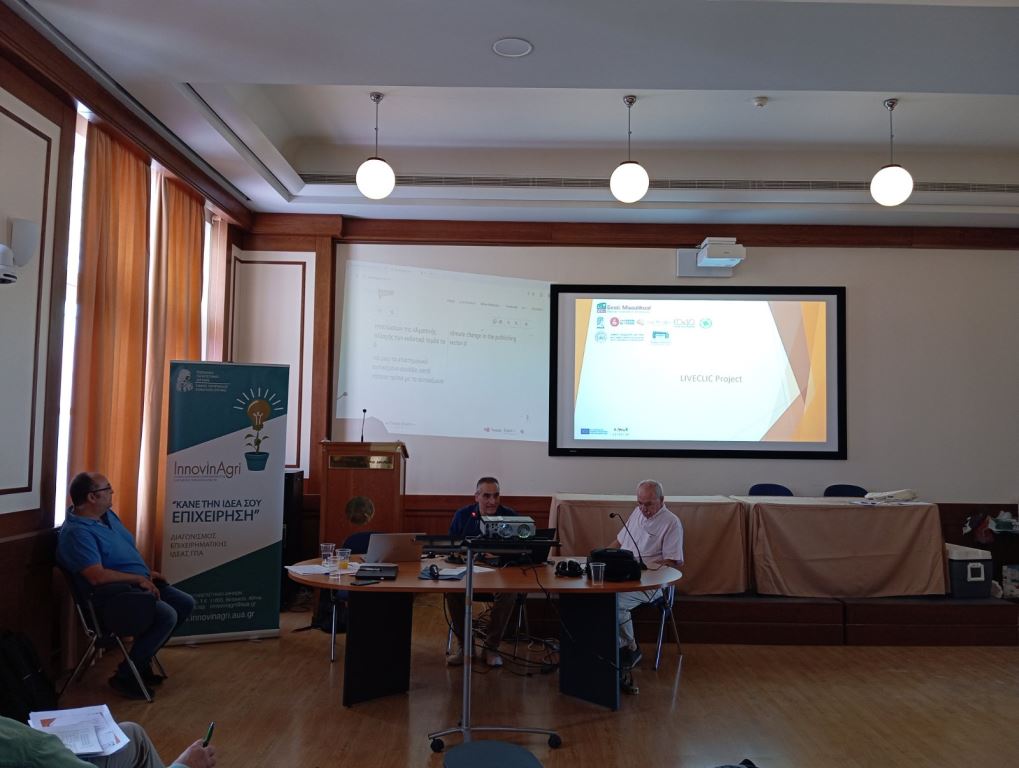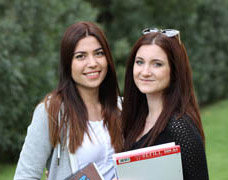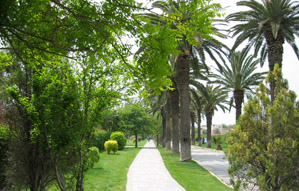A two-day Conference on the Sector of Livestock held at the Agricultural University of Athens.
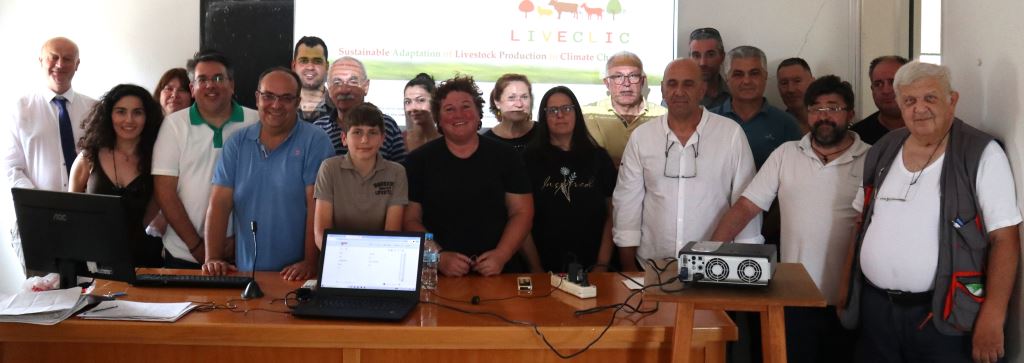
On Saturday 15 and Sunday 16 June 2024, respectively, the educational two-day Conference, entitled “Mitigation Strategies of Climate Change in Livestock” took place in the Agricultural University of Athens, marking great success. The two-day workshop has been hosted under the framework of the Project “LIVECLIC – Sustainable Adaptation of Livestock Production to Climate Change”, having Professor Emeritus of the Agricultural University of Athens, Mr. Iosif Bizelis, as the Scientific Supervisor on the part of Greece. The specific Project is funded by the European Commission, through the Program Erasmus+ Capacity building in Higher Education.
The Vice Rector for Research, Finance and Development, Mr. Thomas Bartzanas, Professor, has extended his greeting speech at the beginning of the two-day workshop, wherein a number of issues have been discussed, in relation to the contemporary challenge, which Livestock is facing within the climate crisis, as well as highlighting the extent to which Livestock can moderate its contribution to the man-made Greenhouse gas emissions, which potentially play their part in global warming.
The Coordinator of the Project LIVECLIC – Sustainable Adaptation of Livestock Production to Climate Change, Mr. David Arney, Professor in Estonian University in the discipline of Life Sciences, has presented thoroughly the objectives of the program inasmuch all the details relative to its implementation. The participating speakers at that educational two-day workshop, have referred to topics directly connected with the actions about mitigation of gas emissions, as a result of Livestock Production, making special references to countries of the European Union, in addition to being in the Mediterranean Area, like Italy, Greece, Tunisia and Morocco.
Besides, the participants have given a special mention to the challenges of climate change, with regard to food safety, circular economy in the Sector of Livestock, estimation methodologies over Greenhouse gas emissions in Livestock Production, case study actions of mitigation in various Livestock Sectors, featuring also the extensive cattle - farming of indigenous breeds, the use of advanced tools of genetics, as a means of tackling climate changes generated by Livestock, as well as the importance of natural selection into the long-term adaptation of farm animals towards any climate variabilities.
It is also noticeable that all the participants have expressed their strong concern about the lack of key representative parameters and data on behalf of Greece, which can lead to a more accurate depiction of the contribution of Greek Livestock to the Greenhouse gas emissions, the considerable value of the offer provided by the productive systems towards meeting the needs of man, regarding livestock products, the necessity for rationally taking strategic measures by the State, acting in the interests of Livestock, taking into account the current challenges. Last but not least, the need for updating and training into modern matters, pertaining to that Sector, has been stressed, too.
All in all, plenty of interested stakeholders and professionals engaged in the Livestock Sector have participated in that two-day Conference, such as stock farmers,
livestock cooperatives, along with associations of cooperatives, in addition to officers from the Ministry of Rural Development and Food and the Centers for Genetic Improvement, Agricultural Scientists and Experts in wielding thematic fields of Animal Science and also students.
